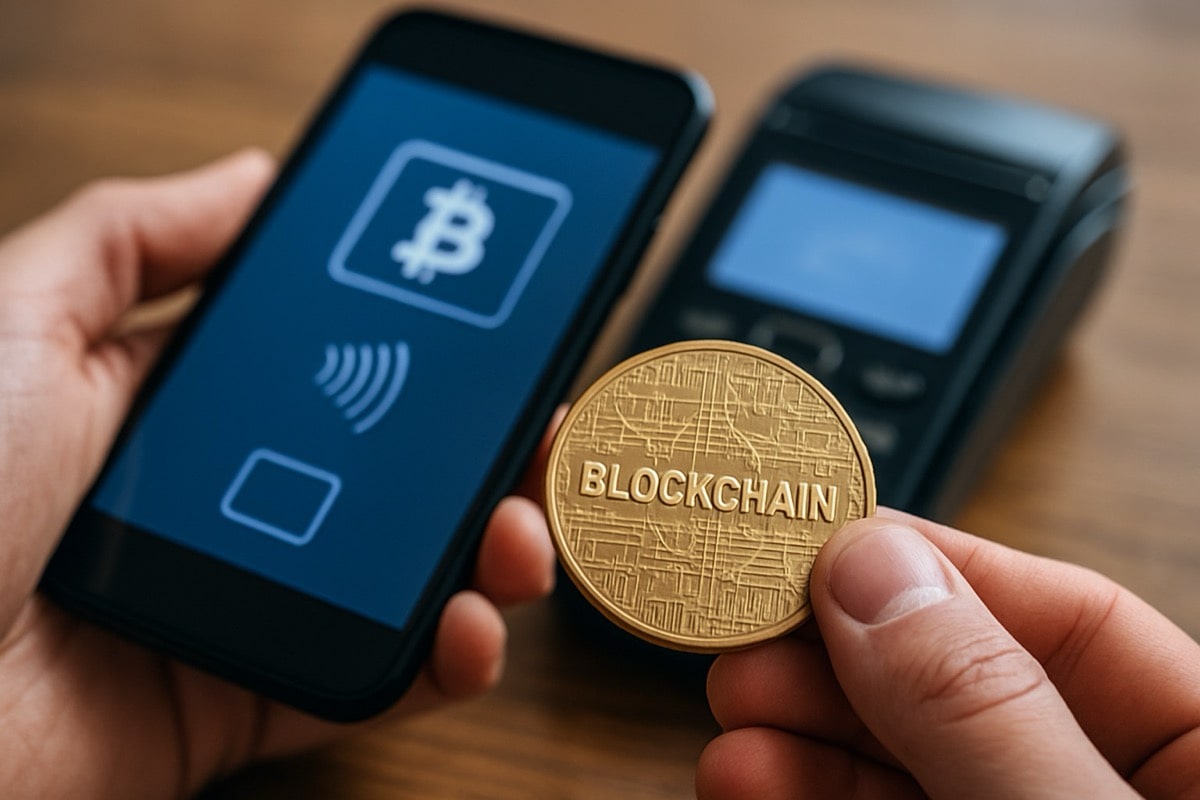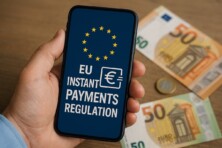Cross-border test connects Brazil’s Drex and Hong Kong’s Ensemble CBDC blockchain networks, showcasing the future of automated, programmable trade finance.

In a landmark experiment, Banco Inter, in collaboration with Chainlink, the Central Bank of Brazil (BCB), and the Hong Kong Monetary Authority (HKMA), has successfully executed a blockchain-based international trade finance transaction between Brazil and Hong Kong. The pilot, part of Phase 2 of Brazil’s Drex Central Bank Digital Currency (CBDC) project, marks a major milestone in connecting digital economies via interoperable blockchain networks.
The initiative simulated the settlement of export transactions between Brazil’s Drex network and Hong Kong’s Ensemble platform, the latter developed under HKMA’s Project Ensemble. On the tech side, Chainlink’s interoperability infrastructure enabled real-time cross-chain communication between the two systems, automating settlement across jurisdictions in a secure and compliant way. For this purpose, two key Chainlink technologies were used: Chainlink Runtime Environment (CRE) and Chainlink Cross-Chain Interoperability Protocol (CCIP).
Financial institutions Standard Chartered, Global Shipping Business Network (GSBN), and 7COMm also participated in the pilot, which focused on programmable Delivery-versus-Payment (DvP) and cross-border Payment-versus-Payment (PvP) transactions — cornerstones of modernizing global trade.
Led by Banco Inter and powered by Chainlink, the project demonstrated how tokenized payments and smart contracts can streamline the trade finance process, automating title transfers, lowering costs, and expanding access to international markets for small and medium-sized enterprises (SMEs).
Bruno Grossi, Head of Digital Assets at Banco Inter, noted that by leveraging Chainlink to connect the BCB, HKMA, and trade finance platforms, the company was building a more connected financial ecosystem that can underpin the future of global trade.
The DvP model automatically escrows and releases funds while transferring the electronic Bill of Lading (eBL), eliminating the need for manual coordination between banks and logistics players. To simulate real-world trade, the pilot introduced a commodity-backed real-world asset token, enabling instant liquidity and reduced settlement risk.
Following this successful test, the partners plan to extend the solution to open-account trade and integrate it with other electronic Bill of Lading providers and financial institutions via APIs, paving the way for a new, programmable standard for global trade settlements.
The pilot underscores blockchain’s potential to transform trade finance, a traditionally complex system still reliant on paper-based processes.









